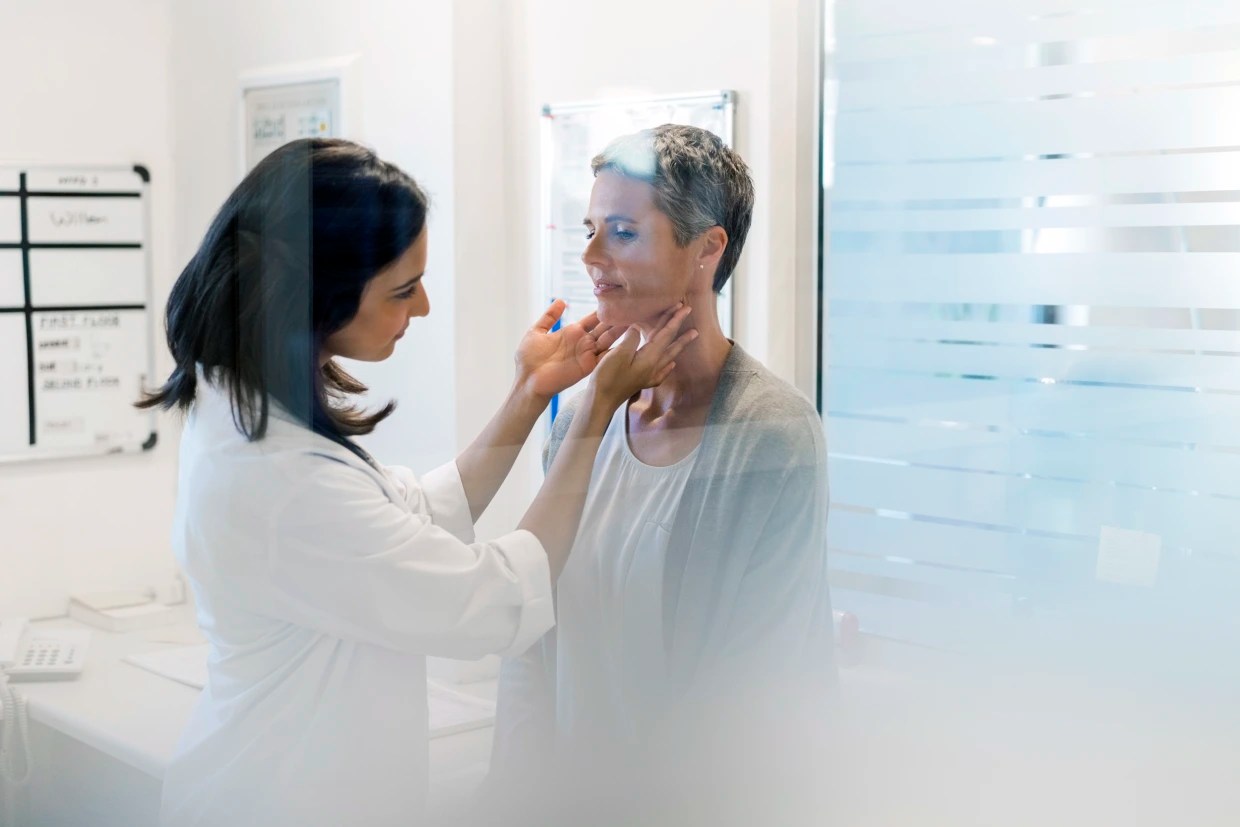The next time you hear someone say, “I’m allergic to exercise,” don’t assume they’re kidding or just making excuses.
We’ve all been itching to get outdoors, and with spring’s arrival, we can finally get off the treadmill and hit the road. Even if you know you have allergies, you may not know that exercise can set some people off.
“What can happen is something as simple as starting to itch, or something as serious as a life-threatening reaction like anaphylactic shock,” said Dr. Jackie Eghrari-Sabet, of Family Allergy & Asthma Care in Gaithersburg, Md.
If you experience even mild symptoms, you should consult a doctor. However, Dr. Jackie said you can lessen the likelihood of an exercise-induced allergic response by following a few basic steps. Warm up and cool down slowly and don’t exercise too soon after eating. It’s best to wait several hours.
“The thought is that if the food goes in and then you run, you’ll have the ability to absorb the food better and you may actually suffer an allergic reaction to that food,” Dr. Jackie said.
Certain foods in particular, like celery, seem to be big triggers. If you know you have this problem, Dr. Jackie suggested always exercising with a partner and an epipen close by.
There’s another exercise-related ailment known as “vocal chord dysfunction," which results in your vocal chords actually closing, making it difficult to breath. Don't confuse this with asthma, however, because it has nothing to do with your lungs.
Health
“This actually happens in your throat, not in your lungs,” said Dr. Jackie. “People will get confused and panic thinking they’re having the worst asthma attack of their life and that’s not what it is. The air simply can’t get past your throat and down into your lungs.”
This is most common in spring and in athletes, particularly young females. The first step toward treatment is a definitive diagnosis. Your doctor will give you a pulmonary function test and maybe an exhale nitric oxide test to see if you really have this disease. If you have been diagnosed, you’ll be taught the importance of learning relaxation techniques to use when it strikes.
If you have asthma or basic pollen allergies, Dr. Jackie said, now is the time to get started on your maintenance meds.
“Don’t wait until you start to develop symptoms. You know what’s coming. The pollen is out there,” she said.
But don’t overuse that rescue inhaler (Albuterol). More than twice a week is too much.
Also, avoid exercising near roads where pollution will increase your irritation, don’t exercise outdoors when the pollen count is sky high, and don’t take your allergens to bed.
“If you’ve spent the whole day outside having a grand ole time, wash them off before you turn in for the night,” Dr. Jackie said.



